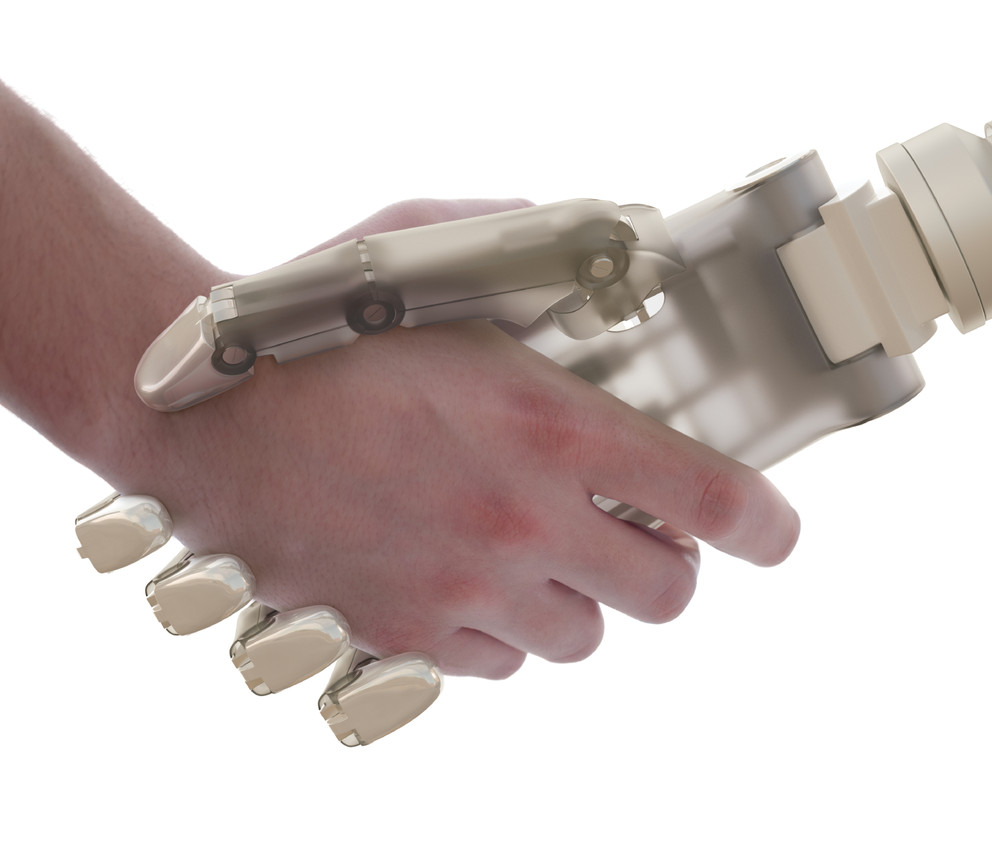The participants in the study indicated they saw robots as useful in three aspects of their lives: physical, informational and interactional. They felt most comfortable with robots as helpers and butlers, according to Sundar. Older adults also seemed more likely to accept robots that provide them information and entertainment, according to the researchers.Seniors, however, may be less likely to use robots that are designed to be more autonomous. An autonomous robot can make its own decisions and may not need to wait for a senior’s commands to engage in a task.”It is clear senior citizens want robots to play passive and non-confrontational roles,” said Sundar. “Seniors do not mind having robots as companions, but they worry about the potential loss of control over social order to robots.”
Source: Senior citizens may accept robot helpers, but fear robot masters | Penn State University
